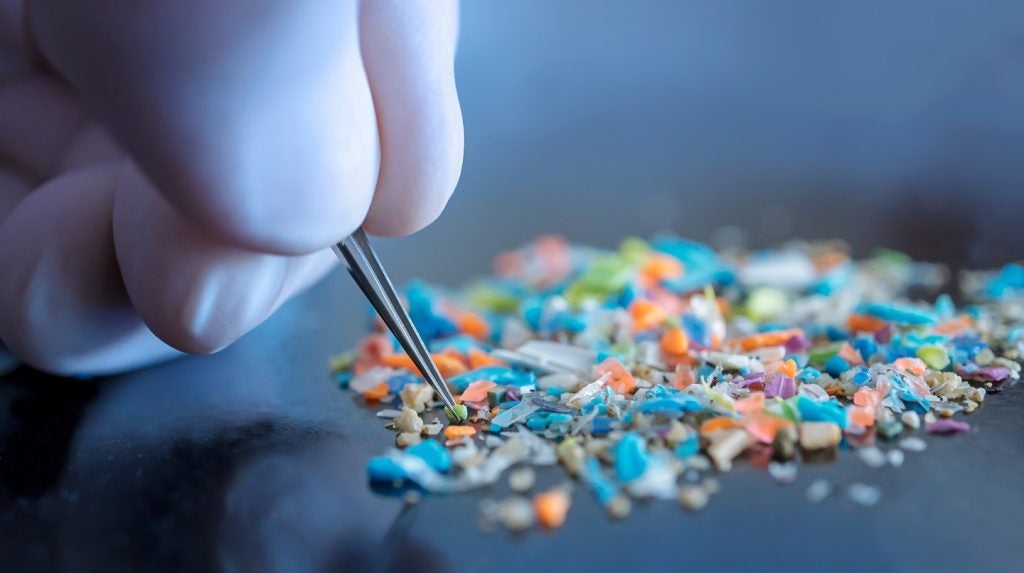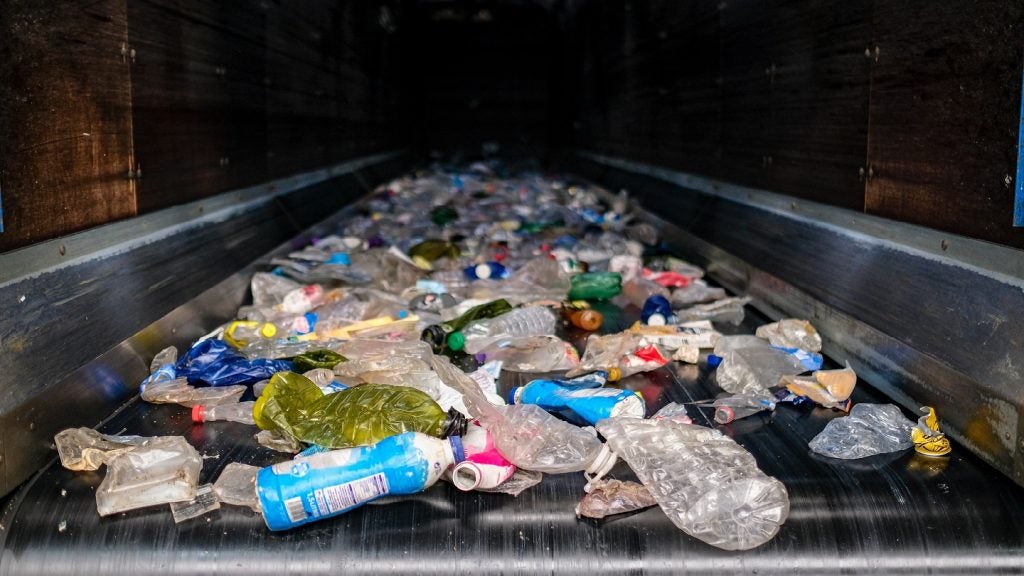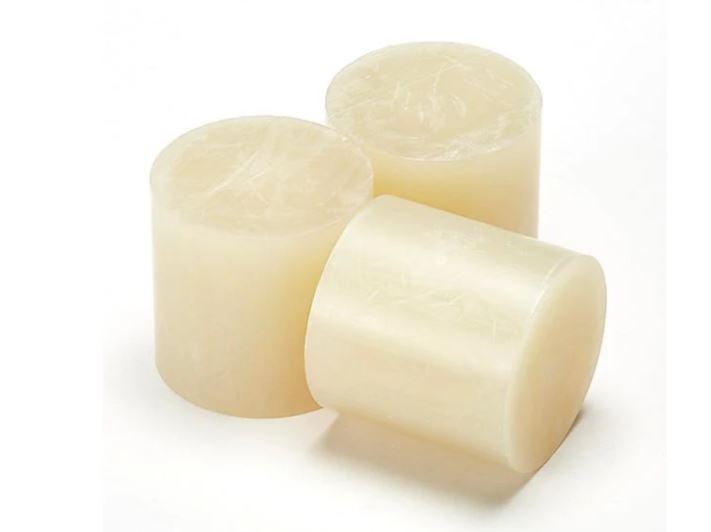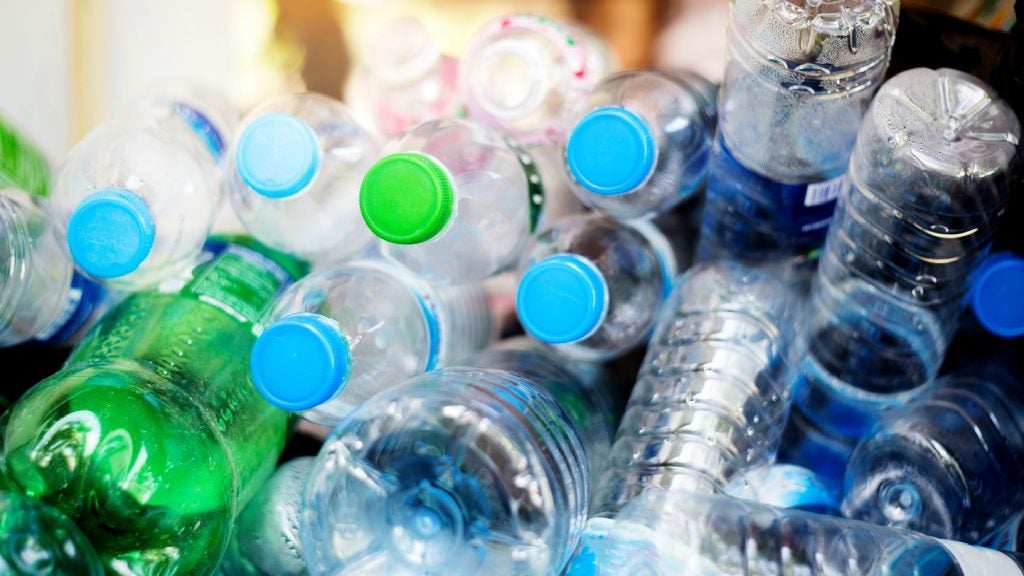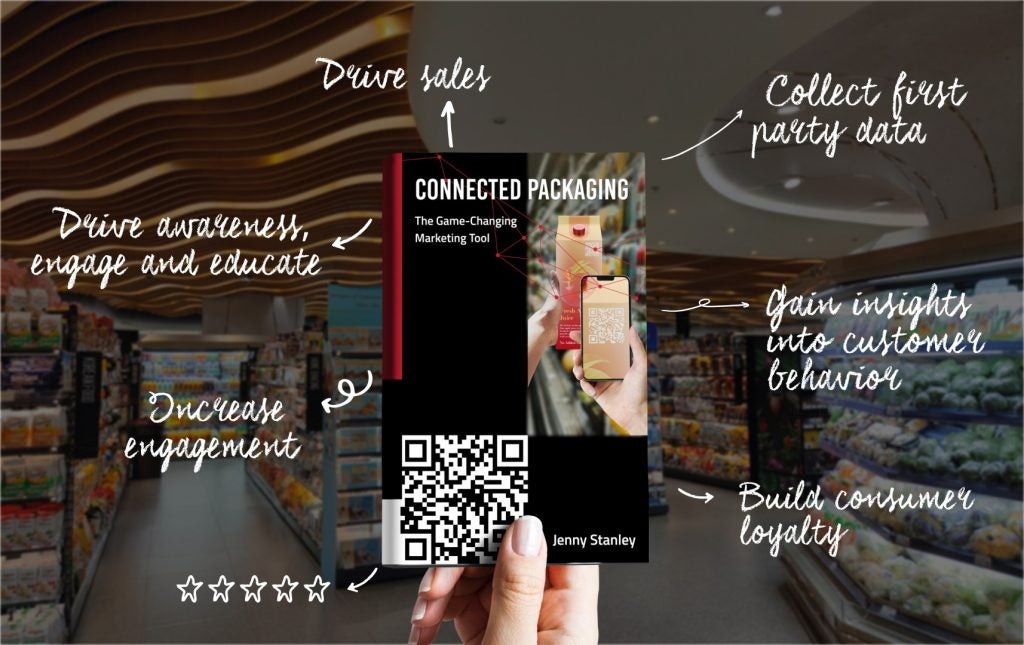Researchers from the University of Waterloo, Canada, have employed 3D imaging technology to analyse microplastics, which is expected to lead to improved techniques for plastic waste recycling.
This research is a step forward in the development of more effective plastic waste recycling methods and the promotion of sustainable practices within the packaging sector.
The Waterloo team, in partnership with the country's National Research Council, has advanced beyond traditional 2D microscopy to employ 3D imaging, which offers a detailed view of micro and nanoplastic degradation.
University of Waterloo Department of Chemical Engineering professor William Anderson said: "Most microscope images provide a two-dimensional view, similar to a medical X-ray, which gives us some information but lacks depth.
"However, 3D imaging is like a CT [computed tomography] scan, offering far more detailed insights into the structure and degradation of microplastics. This level of detail has been incredibly challenging to achieve, but it's crucial for understanding what is happening at the surface of micro and nanoplastics and how degradation processes work."
To obtain the new visual data, the research team combined physical and biological techniques.
They implemented a photocatalytic process, where micro and nanoplastics are treated with UV light and a titanium oxide catalyst, to observe and analyse how plastic waste degraded at a microscopic level.
University of Waterloo Nanotechnology endowed chair Boxin Zhao said: "Using this methodology reveals not just that degradation is happening, but exactly how and where it's occurring on the surface of micro and nanoplastics."
The Waterloo researchers are also exploring biocycling methods, where bacteria could potentially convert microplastics into environmentally friendly biopolymers.
These biopolymers could then be used to manufacture new materials such as plastic bags or packaging films.
The study's findings have significant implications, as the Waterloo research team is now establishing a multidisciplinary plastics biocycling research initiative.


